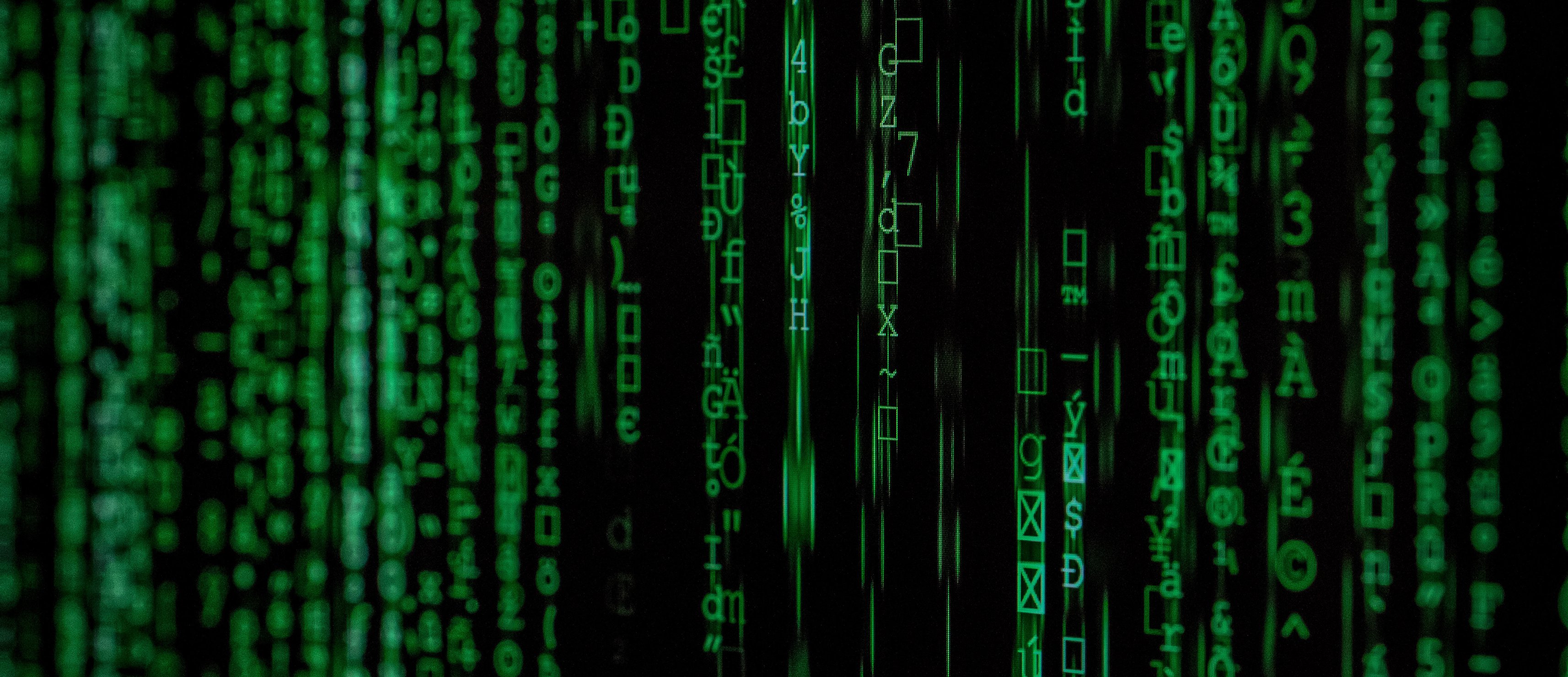
Symposium on Russia and China’s Political Interference Activities in NATO Small States
About the event:
For both Russia and China, foreign political interference activities are a useful and cost-effective method of foreign policy. In Russia it is theorized as “smart power”, while China still uses the Soviet-era term “united front work”. The activities of Russia and China go well beyond accepted norms of public diplomacy and are having a corrupting and corrosive effect on many societies. This half-day symposium focuses on Russia and China’s Political Interference Activities in NATO Small States. The world is seeing a return of both “might is right” politics and spheres of influence. As history has shown, the weakness of small states in a time of rising security threats can undermine the security of larger powers. The Symposium examines case studies of some representative small NATO states experiencing Russia and China’s political interference activities, the patterns of interference to look for, and discusses what is to be done.
AGENDA:
8:45am – Panel One
Donald J. Jensen: Assessing Contemporary Russian Interference Activities
Anne-Marie Brady: Magic Weapons? An Overview of CCP Interference Activities
Mark Stokes: Huawei and One Thousand Talents: China’s military links and technology transfer activities
Ryan Knight: Russia’s use of the Orthodox Church in Small NATO states
Alan Tidwell: Active Measures: Lessons Learned from the Past
10:10am – Morning tea
10:30am – Panel Two
Martin Hála: The CCP’s Magic Weapons at work in the Czech Republic
Khamza Sharifzoda: Armenia’s Struggle: Escaping the Kremlin
Baldur Thorhallson: Iceland’s engagements with Russia and China
Neringa Bladaite: Russia’s Political Interference Activities in Latvia
Margarita Šešelgytė: Russia and China’s Political Interference Activities and Lithuania